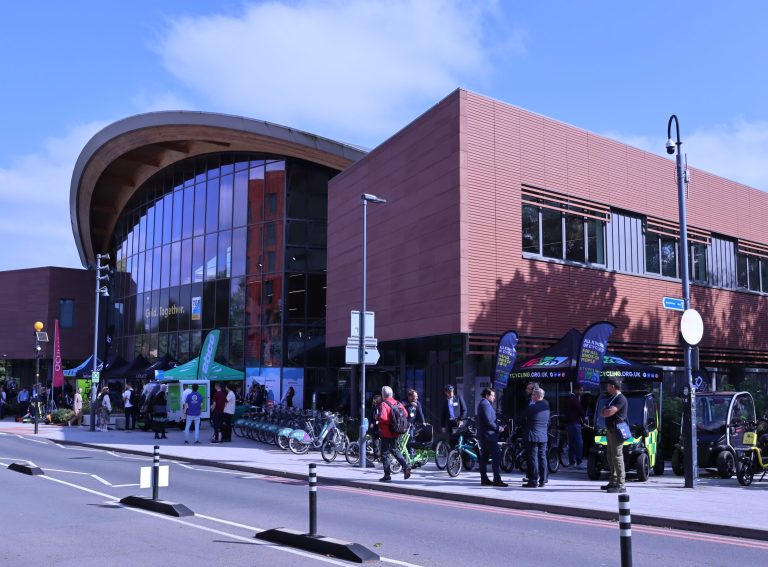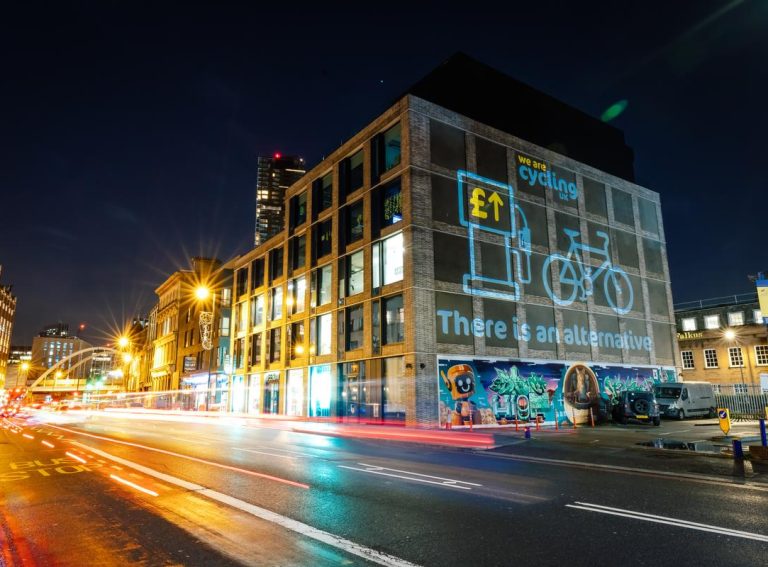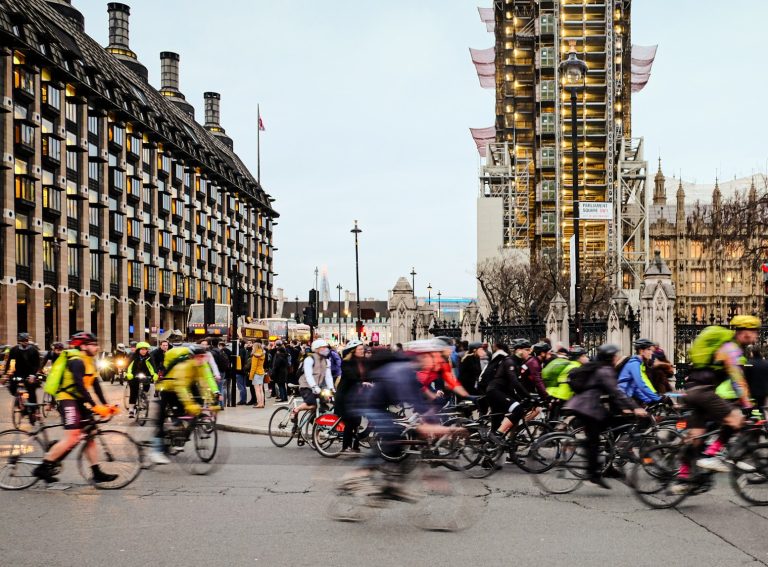The London e-scooter trial is on its way, with the first shared scooters available on the capital’s streets from 7 June.
It will be starting off smaller than expected with only six boroughs taking part initially. Eleven boroughs had been expected to take part at launch, with several more to join soon after – all those highlighted on our map.

Of the six set to take part from next month, Tower Hamlets will only allow scooters to start or end journeys in a small, privately controlled part of it – Canary Wharf. The small starting footprint means that this is unlikely to be the UK’s largest city for e-scooter shares at launch – Liverpool, Birmingham, Northampton and possibly even Milton Keynes will all be bigger.
Westminster is not on the list of participating boroughs which is a real surprise, as information on scooter parking bays and do-not-ride zones was published at the end of April. A councillor for the West End had also confirmed earlier this month that they would be taking part in the trials. Clearly, there has been a last-minute change of heart and we suspect that Westminster will in fact join the trial shortly.
But until then it means that until one of Westminster, Wandsworth, Camden, or Brent come on board, there will be essentially two separate trials taking place. A west London one which will allow travel no further east than Chelsea, and an east London one which will link only the City of London – a small albeit important part of the London map – with Canary Wharf – an even smaller, privately controlled area in Tower Hamlets borough.
The rest of Tower Hamlets will allow the scooters to move through the borough but not end a journey in it. What happens when a scooter user breaks down on CS3 between the two permitted areas? Fines and bans might follow such a calamity if the operators are being strict with the rules.
Finally, speeds will be capped at 12.5mph, which is slower than the 15.5mph speed mandated in the wider trials. This is by no-means the slowest speed limit – some other UK trials have used 10mph limits.
The three operators will be Dott, Tier and Lime, and all three already have e-scooters in London on a small test track.
This is Dott’s first UK fleet, although it has experience of running a similar e-scooter sharing fleet in Paris (as do the other two operators). On the test track Dott e-scooters are priced at £1 to start, and the 15p per minute, but this is not confirmed as the launch fee.
Tier has a small fleet in York, initially constrained to being between the university and city centre. It has gradually expanded but is currently less than 300 scooters. It has long been thinking about London and it will not have been a coincidence that its technology preview in August last year was beside Tower Bridge.
Lime is the most experienced in UK terms having not only run e-scooter shares in Milton Keynes and parts of Greater Manchester, but also an electric bikeshare programme in London since December 2018. Currently there are 1,400 bikes in its fleet in the capital, and recently reported over three million rides.




